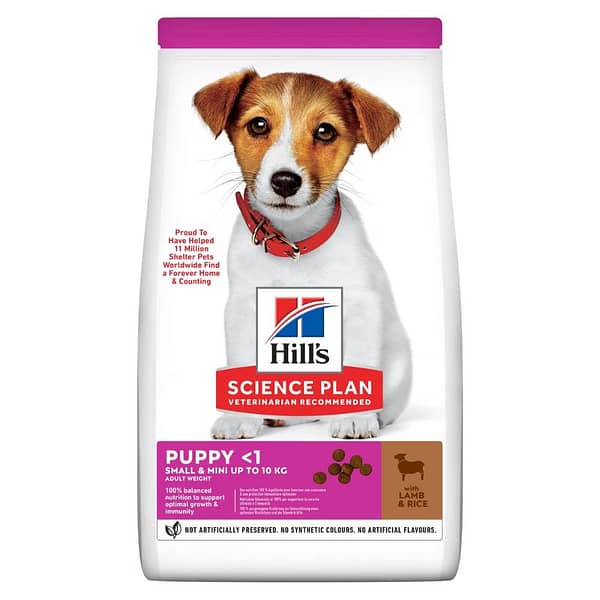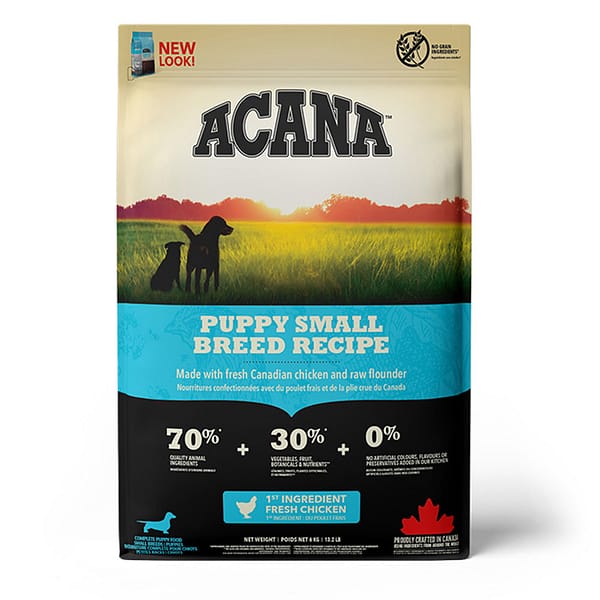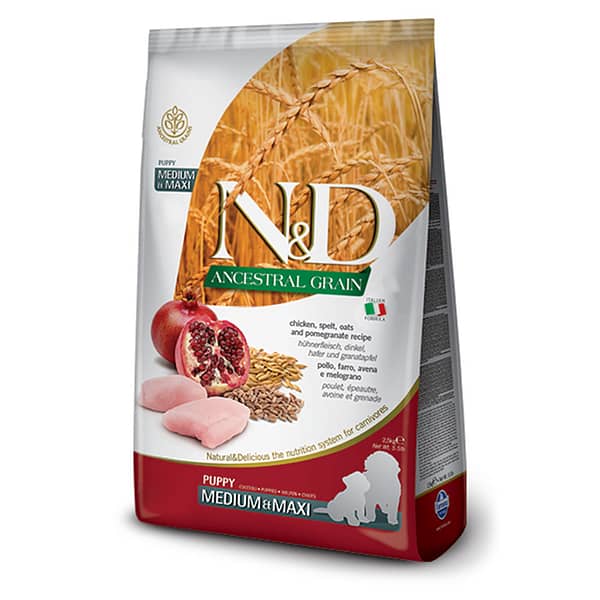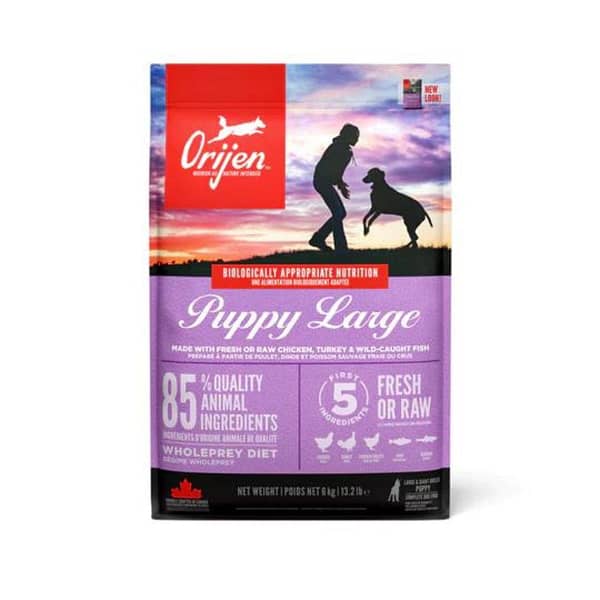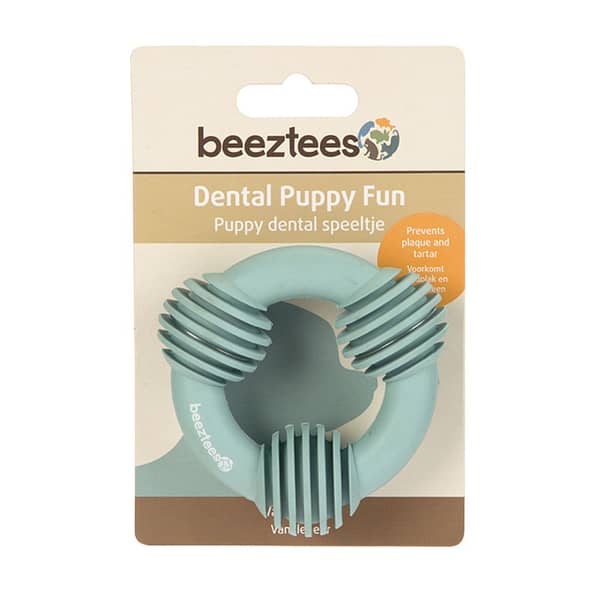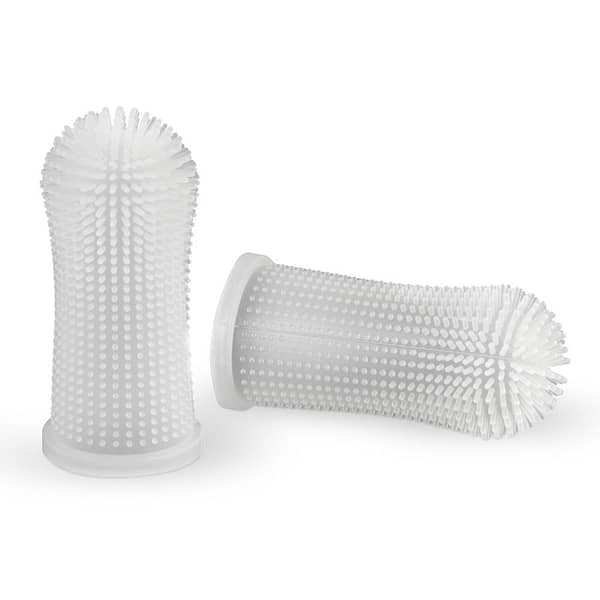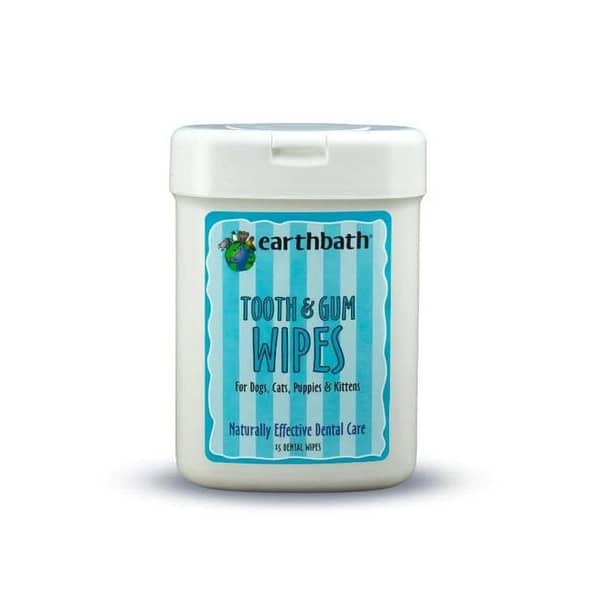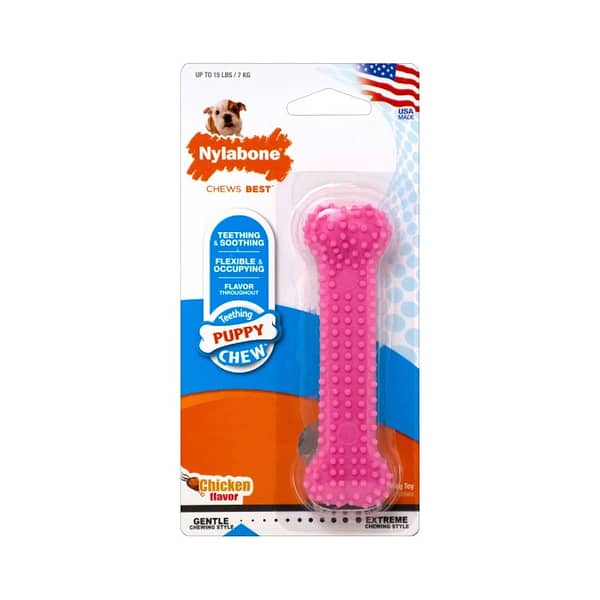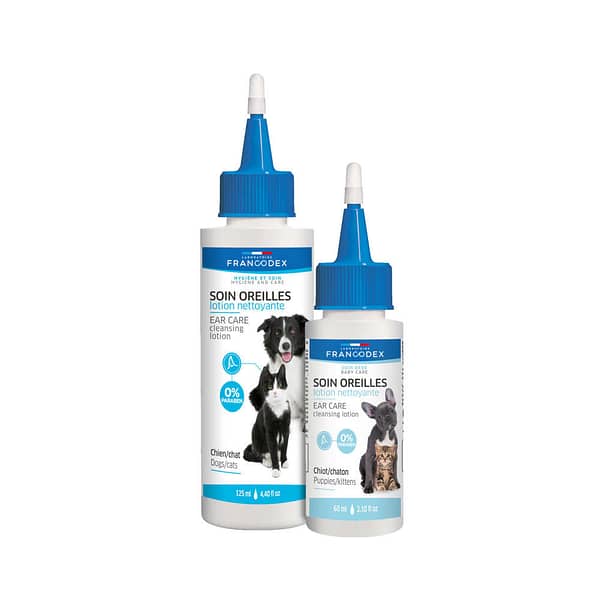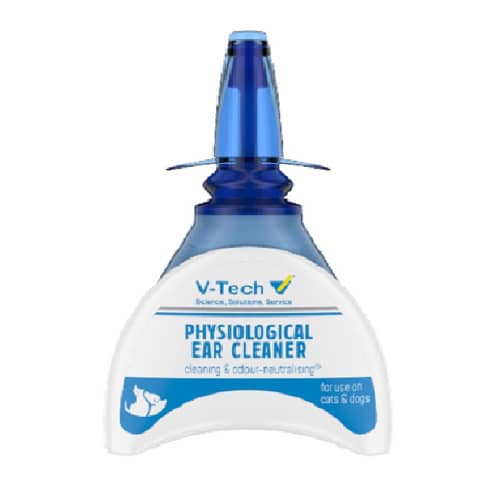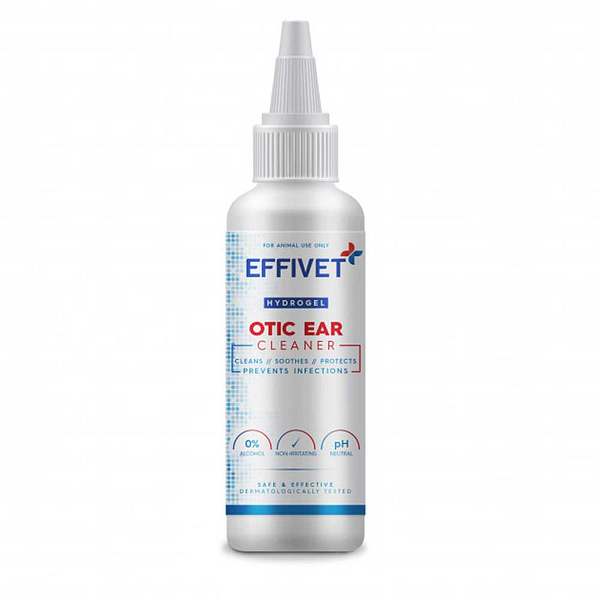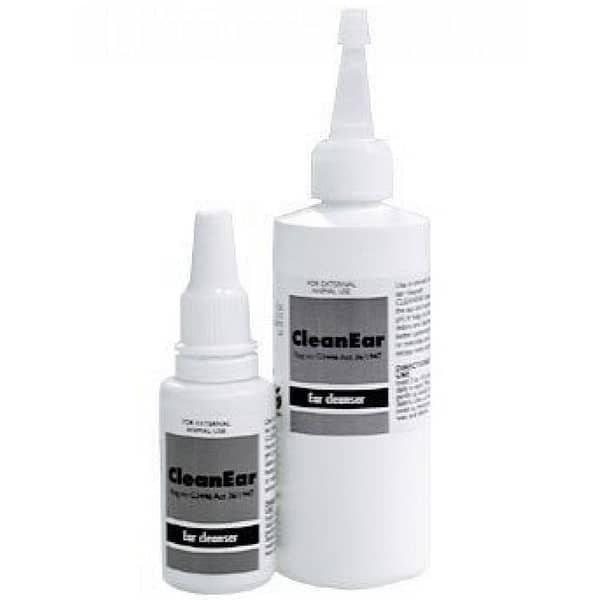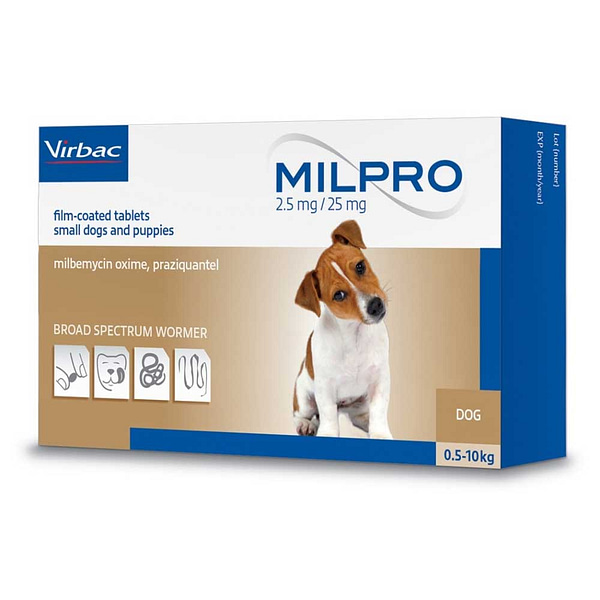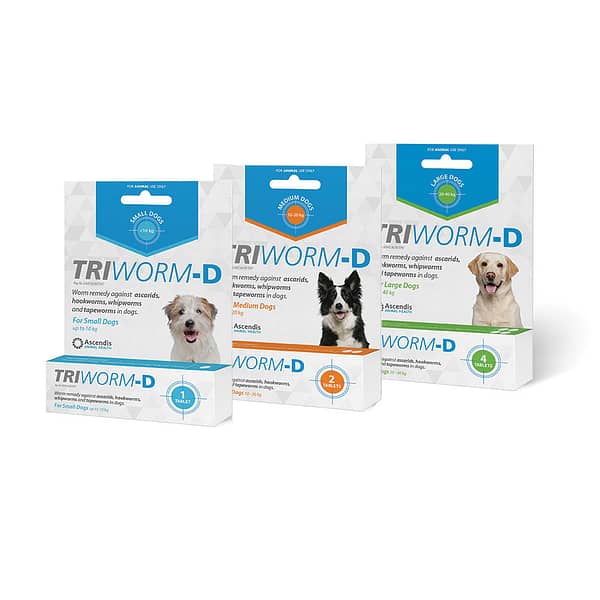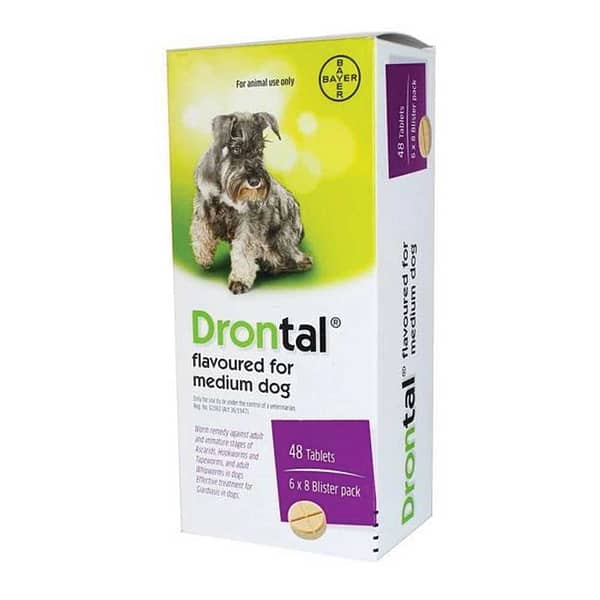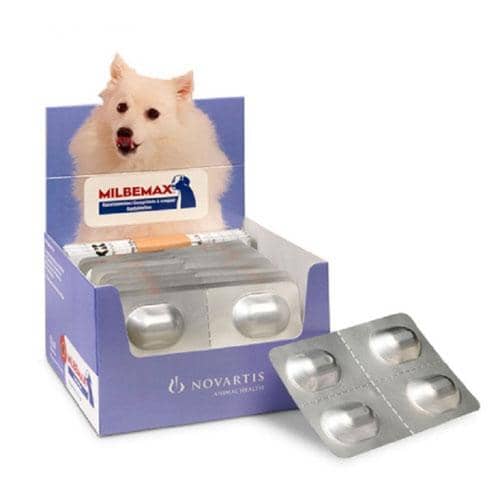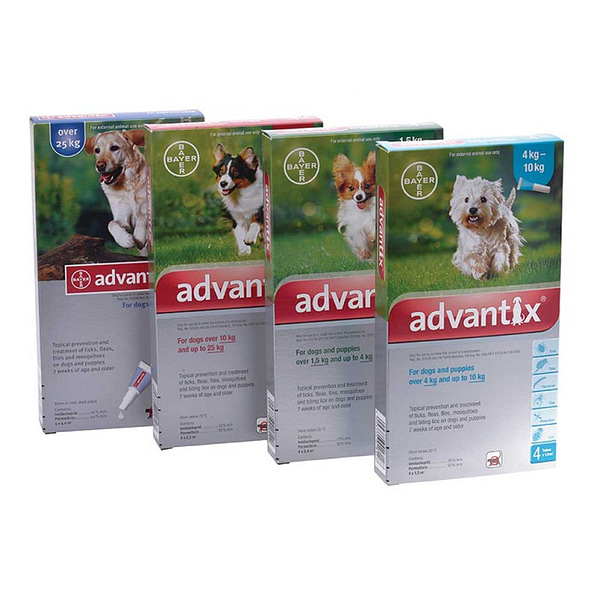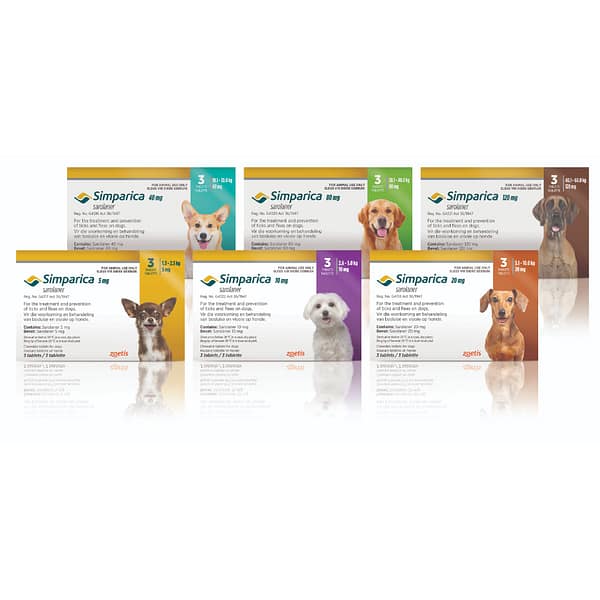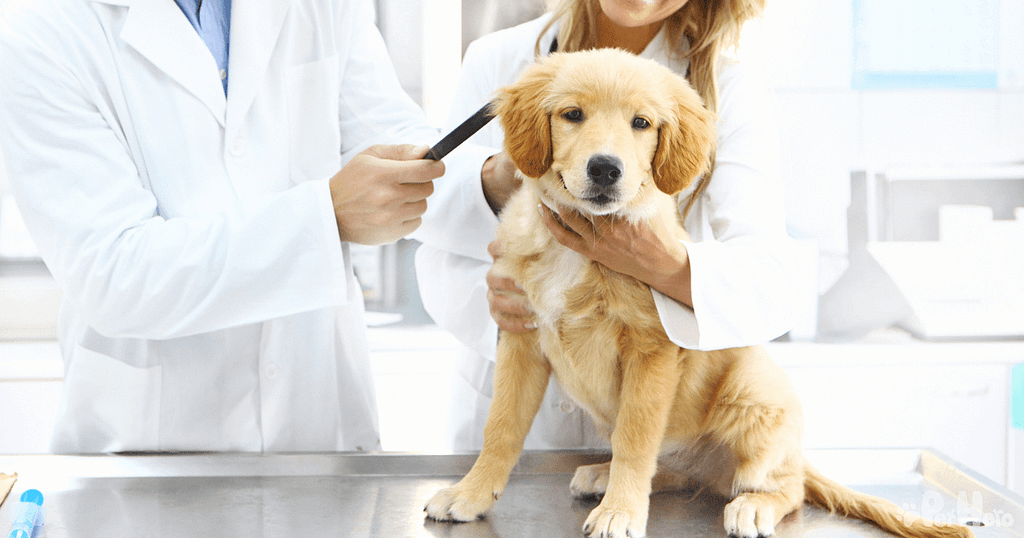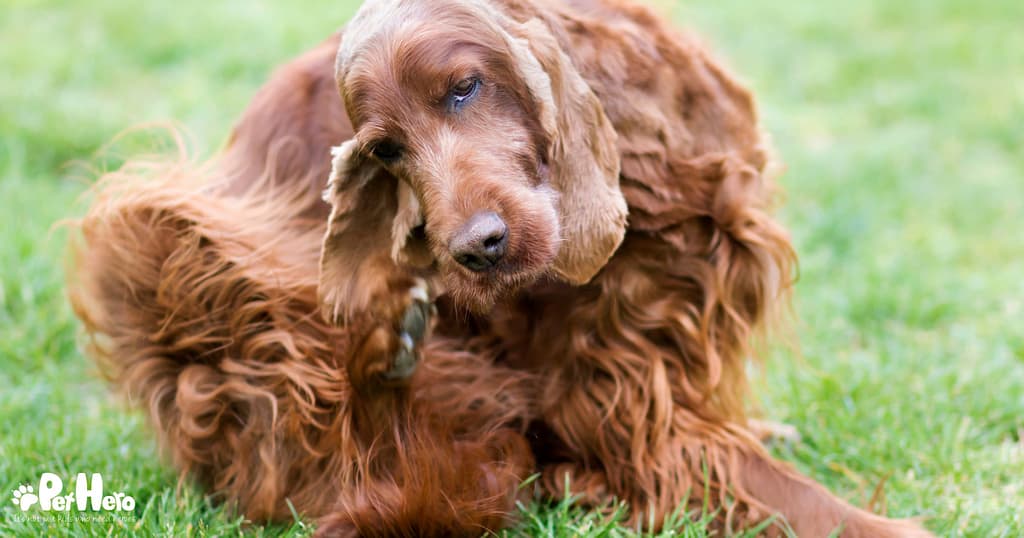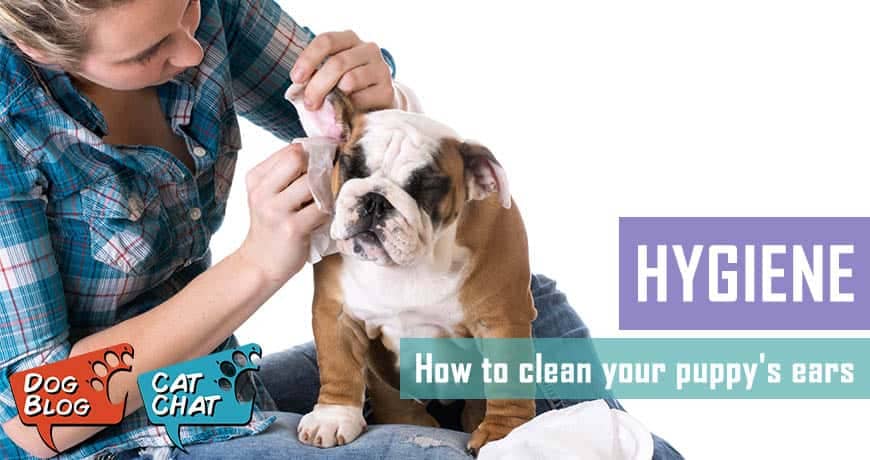New puppies are simply the best! The saying Get high on life obviously comes from the rush of serotonin that occurs when you hold a puppy up close and breathe in that unique new-puppy smell. However, when you come down from the warm-and-fuzzies, it’s time to think practically about raising a healthy puppy and setting the foundation for your new best furry friend to grow up into a strong and robust adult dog. Dog health is impawtant at all life stages, but taking care of your new puppy’s health is half the job done.
This article elaborates on the steps to take to secure your puppy’s health from the very beginning. Some health issues are hereditary, while most dog health problems can be prevented. We look at the bigger picture – building a solid puppy health foundation to ensure a life of joy and wellbeing.
Step 1: Your puppy’s first vet visit
If you’ve adopted your puppy from an animal shelter or from a registered breeder, she will have been vaccinated, dewormed and health-checked, so why bother taking her to the vet? From day one, it’s hugely beneficial to you, your puppy and her new veterinarian that a relationship be established, a health baseline be identified, and for the vet to get to know you and your puppy. Read our article on how to choose the right vet for your dog:
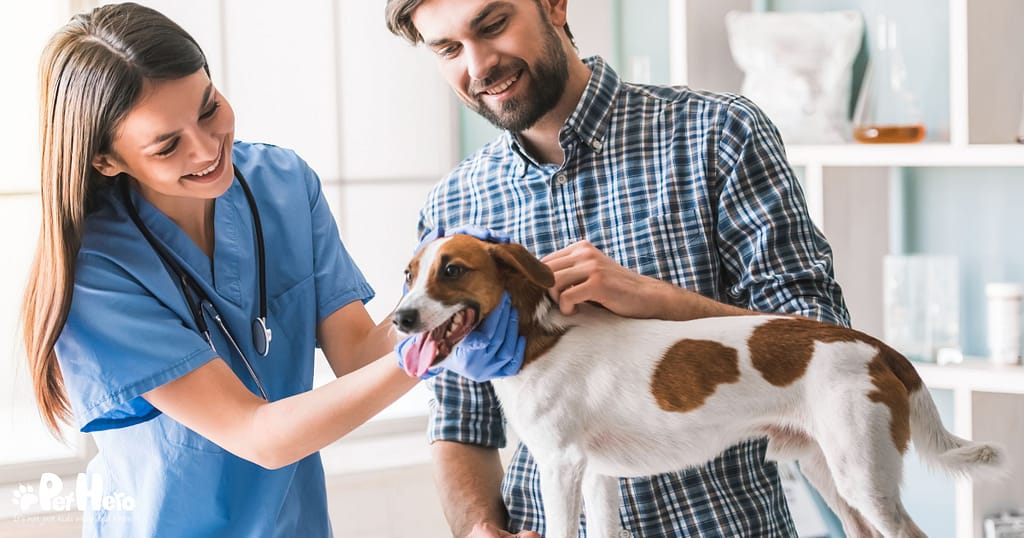
How to choose the right vet for your furry friend
If you’ve relocated or are thinking of adopting a pet, finding a new veterinarian is not something to take lightly. As the true pet heroes of this world, good veterinarians are worth their weight in gold, so here are some tips on how to find the right one for you and your furry (fuzzy, feathered or finned) friend!
At your puppy’s first vet visit, you can ask to vet to cover the following:
- A puppy health check: A full examination to confirm your puppy’s health/
- Your puppy’s vaccinations: Are they up to date? Confirm when your puppy’s next vaccination is due.
- Microchipping: New puppies and adult dogs get lost all the time – microchipping increases their chances of finding their way home again.
- Spaying/Neutering: Six months old is the average age for spaying medium-sized dogs. Large breed dogs need to mature first, so their sterilisation can (and should) take place later. However, depending on your individual puppy’s breed and size, and their potential sensitivity to anaesthesia, the vet will be able to make the best recommendation regarding your puppy’s sterilisation. And, if you were wondering: here’s why you should spay your pets.
- Dental check-ups: Ask the vet about the best teeth-cleaning routine for your puppy, and be sure to follow their advice. Read our article about dental care for dogs.
Step 2: Puppy health basics
By the time your puppy comes home, you should already have a puppy starter kit in place. That’s the fun part, whereas your puppy’s health basics are more than just puppy food and pet products. Her health depends on how you apply good nutrition, instil a routine, and how compliant you are with preventative medication. Have a puppy care plan in place that includes the following:
Good puppy nutrition
During this critical puppy development phase, ensure you feed your puppy with the absolute gold standard in puppy food. Even if you need to dial back to a more affordable adult dog food after one year, spend that little bit extra to ensure your puppy has the best nutritional start. Ask your puppy’s vet to recommend the best puppy food for her size, breed and constitution.
Feeding routine
Puppies need to eat regularly throughout the day to meet their busy, active play and energy needs, and to avoid incidents of low blood sugar. This is especially applicable to puppies with a low body fat to surface area ratio, such as Italian greyhounds, Chihuahuas and other toy breeds, who are prone to hypoglycaemia. Confirm your puppy’s feeding amounts and routine with your veterinarian.
Dental cleaning routine
If you’ve ever tried to brush an adult dog’s teeth for the first time, you’ll know that the best time to start with a dental routine is during puppyhood. Make dental health a priority and include toothbrushing as part of your pup’s daily grooming routine. Make it fun and rewarding and your pup will want to come back for more! It will mean that brushing her teeth will be quick and easy, and she’ll enjoy the benefits of strong teeth and superb oral health. You’ll end up protecting her overall health and spending far less on veterinary bills for dental cleanings in future.
Grooming routine
Your puppy’s grooming routine is important for her skin and coat health. Before you dive into grooming your puppy at home, first get to know her fur coat profile and then invest in keeping her skin and coat healthy. Sure, sending your dog to the groomers can save you some time, but grooming your pup is about spending time with her, keeping a hand on her health, and – most importantly – bonding with her. The physical contact during grooming is interpreted as affection and care – something that will bond your puppy to you for life.
If your puppy is a breed with pendulous ears like a basset hound or a beagle; or really furry ears like any of the spaniels, the Yorkie, or the poodle; or has narrow ear canals like the shar-pei, English bulldog or French bulldog – ask your vet about the appropriate ear-cleaning regimen for them.
Preventative medicine
When it comes to puppies, prevention is definitely better than cure, so make sure you pawtect your little munchkin from internal and external parasites. From the time you adopt your puppy to the day she’s old and grey, she must be dewormed regularly to protect her gastrointestinal tract from parasites.
Similarly, ticks and fleas are both a major cause of disease and/or allergies in dogs. Before your puppy has the opportunity to become a host to these pesky pests, you can give her a tablet, a chew, a pest-control collar or a spot-on treatment to keep them at bay. The important part is that you continue to top up her treatments at the prescribed intervals.
Annual vaccinations and your puppy’s dental care are also part of her preventative medicine regimen. Ask your veterinarian to keep you in the loop when your puppy is due for her next shots and dental check-up.
Step 3: Puppy exercise
Ensuring your puppy gets enough – but not too much – exercise is just as important to her health as feeding her a high-quality puppy food. When your puppy plays, chases a ball or goes for a walk, she’s developing co-ordination as well as obedience (if you’re pairing her playtime with positive reinforcement) and developing her lean muscle and bones. What’s also going on in her brain is the very necessary mental stimulation that boosts her confidence and satisfies her emotional needs.
While it is very necessary to encourage puppies to play, large breed puppies should not be over-exercised before their bodies have had enough time to develop. Play that is too impactful – such as jumping or running on hard surfaces – can damage their rapidly developing joints and have long-term health implications. Ask the vet for advice on how much exercise your new puppy should be getting, and gradually increase it as she gets older.
Step 4: Puppy routine
We cannot emphasise enough the value of getting your puppy into a daily routine from the very beginning. This will help to speed up the success of her house-training, but there are other long-term benefits of introducing a routine. Make sure that you feed her at the same time every day, go for a walk at more or less the same time, nap, play and train at the same time, etc. This way, her day becomes predictable and she will have no anxiety about when next she will feed or play or go outside. A daily routine – even when you need to leave her by herself when you go out for a little while – instils confidence and reduces the likelihood of separation anxiety. She can relax when she can identify the structure of her activities throughout the day.
Step 5: Puppy reality check
Introducing a puppy into your lifestyle can certainly make things more exciting and dynamic, especially when you consider the 15-year commitment that your new squishy will grow into. Here is your new best friend with amazing potential – your life is about to change for the better! However, puppies come with huge demands on your time, your adaptability, and your budget. Adopting a new puppy can be expensive, especially when you consider all of the up-front costs – nevermind the annual vet check-ups, monthly food and treat expenses, beds, toys, puppy school and all of the things you perhaps don’t want to think of when entranced by that sweet face!
Life is unpredictable, which is why we strongly recommend, firstly, puppy-proofing your home, but also taking out puppy health insurance – to make sure your new pet is covered for any medical emergencies or diseases. Some pet health insurance policies cover your everyday vet bills as well, so make sure you take out cover that reflects your new puppy’s needs.
Puppy health checklist
Can you check all of these boxes in terms of your puppy’s health?
- excellent puppy nutrition
- exercise routine
- treats and toys
- puppy supplements
- grooming tools
- dental care products
- ear health products
- tick, flea & worm medication
- vaccinations
- microchipping
- sterilisation
- pet health insurance
Every pet hero needs a little help, advice and assistance along the way. A product special or promotion is also nothing to sneeze at. Find everything you need to adopt, raise and care for your new furry friend, right here at Pet Hero.
Sign up for The Weekly Paws newsletter – Pet Hero’s weekly round-up of promotions, content, advice, new products and more! Don’t miss an issue, and become a pet hero in a flash! (No spam – that’s a purromise!)


